Back to Courses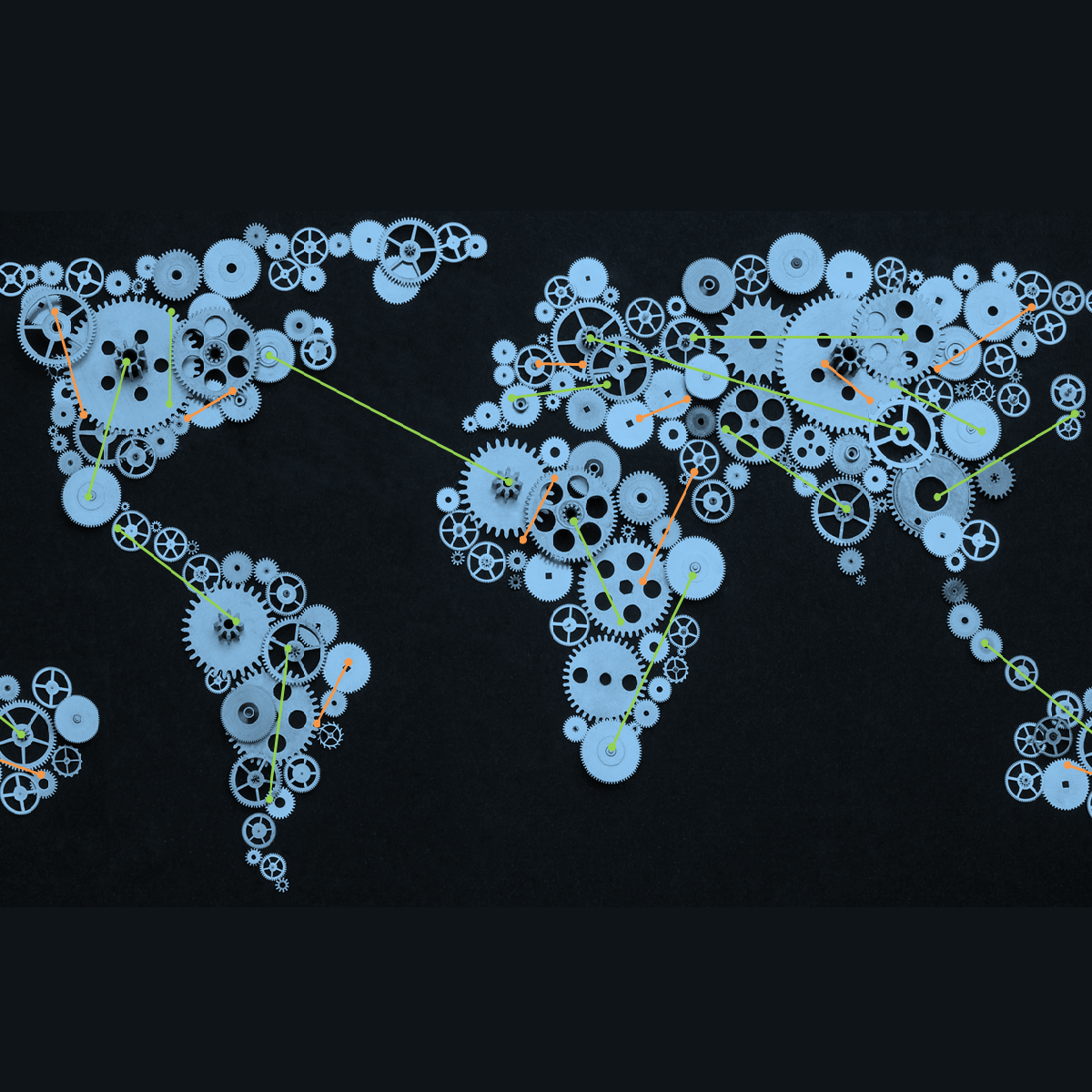


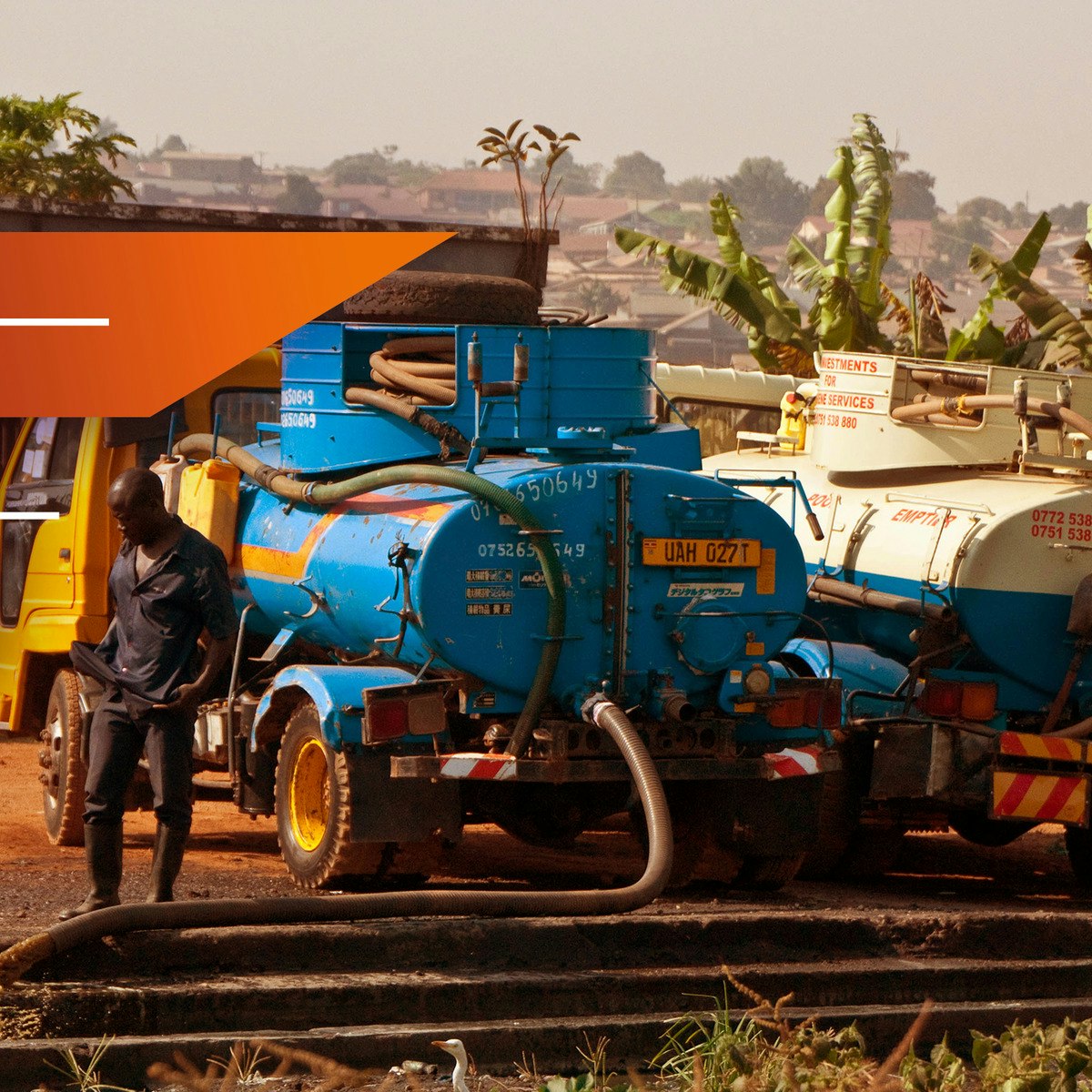

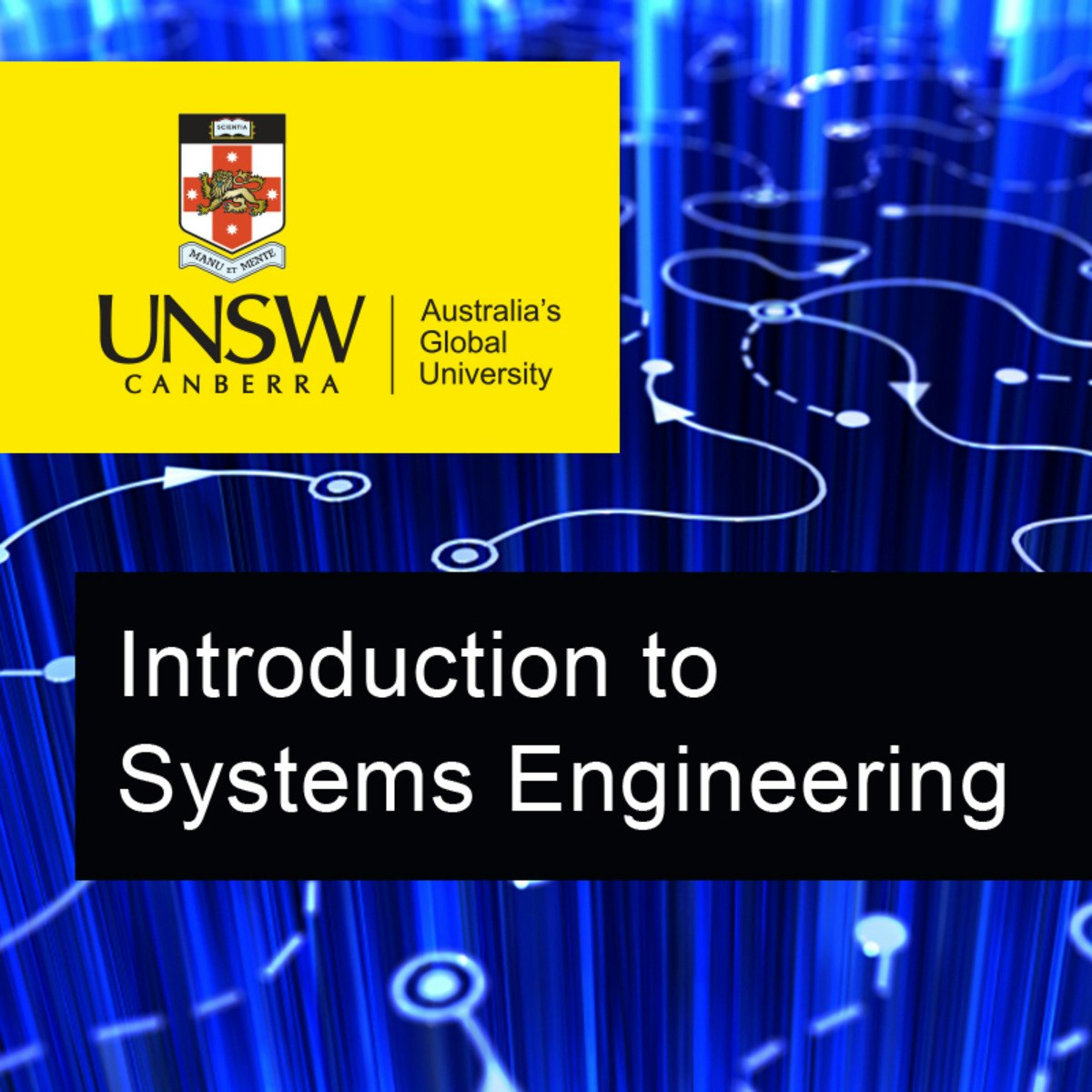

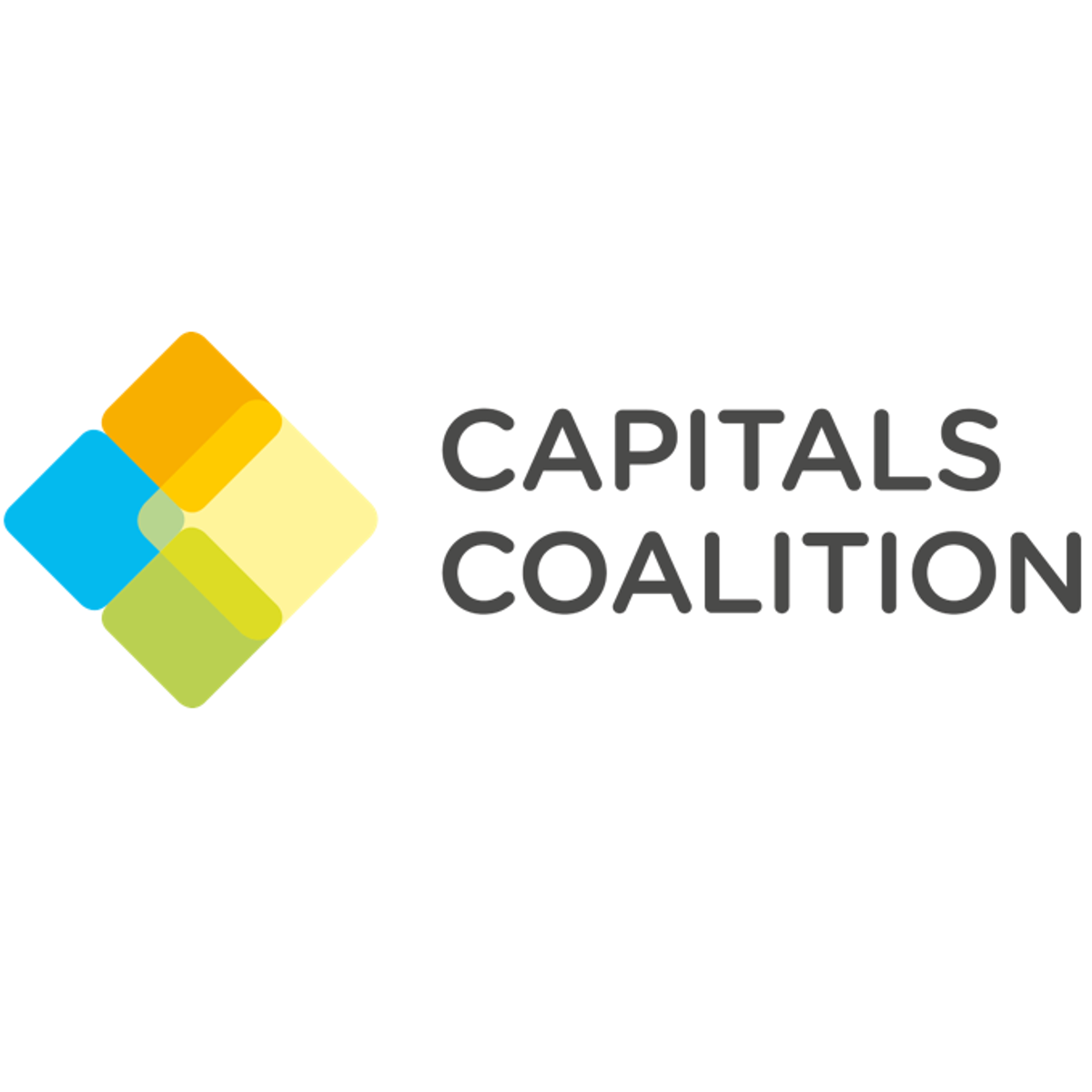
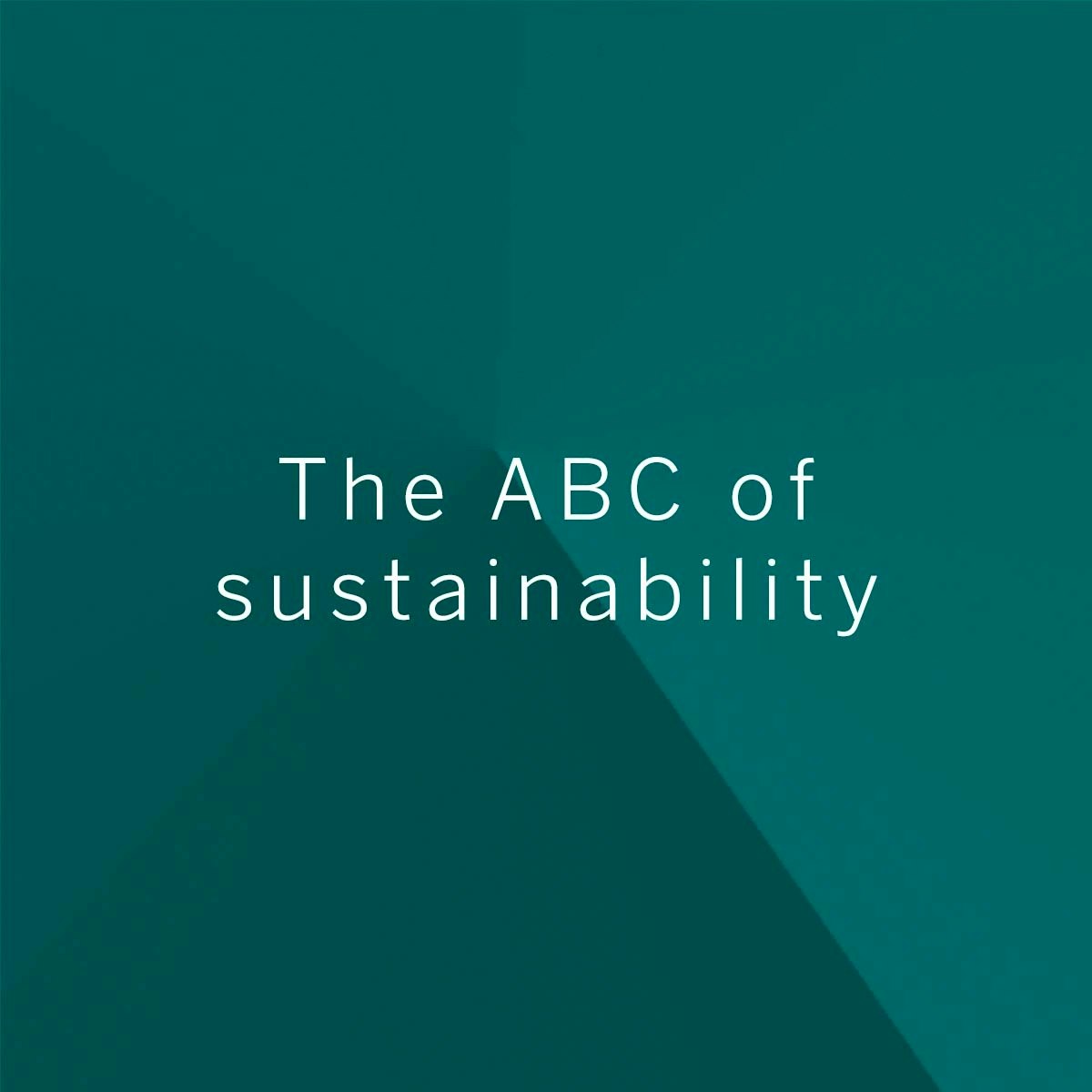
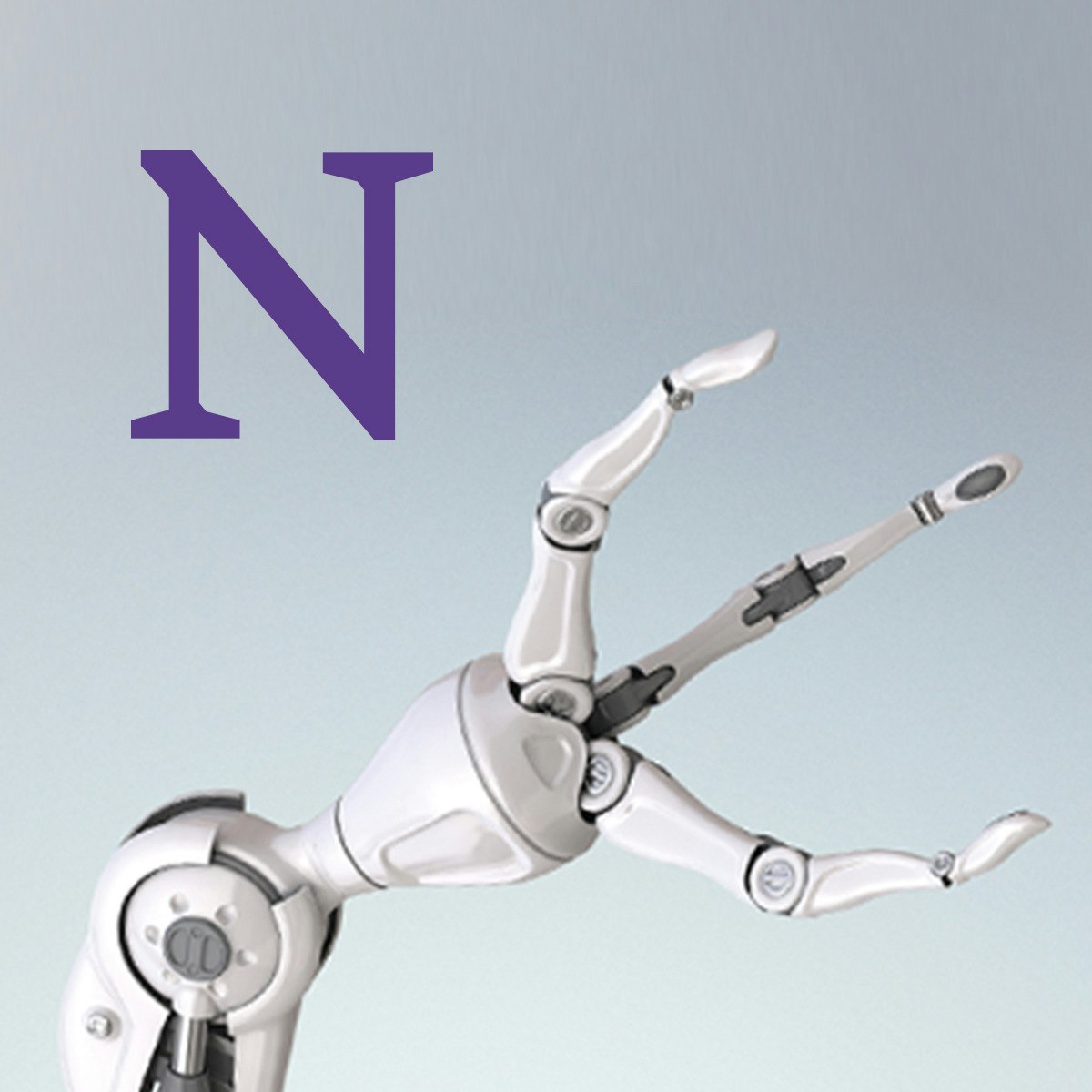
Physical Science And Engineering Courses - Page 36
Showing results 351-360 of 522

Advanced Manufacturing Enterprise
Enterprises that seek to become proficient in advanced manufacturing must incorporate manufacturing management tools and integrate data throughout the supply chain to be successful. This course will make students aware of what a digitally connected enterprise is, as they learn about the operational complexity of enterprises, business process optimization and the concept of an integrated product-process-value chain.
Students will become acquainted with the available tools, technologies and techniques for aggregation and integration of data throughout the manufacturing supply chain and entire product life-cycle. They will receive foundational knowledge to assist in efforts to facilitate design, planning, and production scheduling of goods and services by applying product life cycle data.
Main concepts of this course will be delivered through lectures, readings, discussions and various videos.
This is the sixth course in the Digital Manufacturing & Design Technology specialization that explores the many facets of manufacturing’s “Fourth Revolution,” aka Industry 4.0, and features a culminating project involving creation of a roadmap to achieve a self-established DMD-related professional goal. To learn more about the Digital Manufacturing and Design Technology specialization, please watch the overview video by copying and pasting the following link into your web browser: https://youtu.be/wETK1O9c-CA

Mechanics of Materials II: Thin-Walled Pressure Vessels and Torsion
This course explores the analysis and design of thin-walled pressure vessels and engineering structures subjected to torsion.
------------------------------------------------
The copyright of all content and materials in this course are owned by either the Georgia Tech Research Corporation or Dr. Wayne Whiteman. By participating in the course or using the content or materials, whether in whole or in part, you agree that you may download and use any content and/or material in this course for your own personal, non-commercial use only in a manner consistent with a student of any academic course. Any other use of the content and materials, including use by other academic universities or entities, is prohibited without express written permission of the Georgia Tech Research Corporation. Interested parties may contact Dr. Wayne Whiteman directly for information regarding the procedure to obtain a non-exclusive license.
Introduction to Sustainability
This course introduces the academic approach of Sustainability and explores how today’s human societies can endure in the face of global change, ecosystem degradation and resource limitations. The course focuses on key knowledge areas of sustainability theory and practice, including population, ecosystems, global change, energy, agriculture, water, environmental economics and policy, ethics, and cultural history.
This subject is of vital importance, seeking as it does to uncover the principles of the long-term welfare of all the peoples of the planet. As sustainability is a cross-disciplinary field of study, this foundation requires intellectual breadth: as I describe it in the class text, understanding our motivations requires the humanities, measuring the challenges of sustainability requires knowledge of the sciences (both natural and social), and building solutions requires technical insight into systems (such as provided by engineering, planning, and management).

Introduction to Faecal Sludge Management
Do you want learn how to apply concepts of sustainable faecal sludge management (FSM) on a city-wide scale? This course starts with an overview of what faecal sludge is and an introduces you to the engineering fundamentals and required information for the design and selection of technologies. Sanitation solutions are prone to failure if an integrated planning approach that includes stakeholder involvement and the development of appropriate institutional, management and financial arrangements is not implemented. The course therefore dedicates a complete week to presenting the full picture, in addition to technology, that needs to be considered for sustainable solutions. It concludes with a focus on current research and innovations in technologies, to provide an understanding of the most up-to-date options.
This course is one of four in the series “Sanitation, Water and Solid Waste for Development".

Electric Vehicles and Mobility
The purpose of Electric Vehicles and Mobility is to help you, whatever your profile, your training or your country, find your own answers to questions such as:
- Will electric vehicles be the last to be allowed in megalopolises in the 21st century?
- Does the environmental gain from vehicle electrification justify heavy investment in charging infrastructure?
- Are electric vehicles only for wealthy people in developed countries?
This course will allow you to acquire elements from engineering science, sociology, environmental science, political science, economics, management science, in order to evaluate, analyze and implement the diffusion of electric vehicles where their use is relevant.
This MOOC is the English version of Mobilités et véhicules électriques; in the lecture videos, the teachers speak in French, nevertheless their presentation is in English and English subtitles are available.
Groupe Renault and ParisTech schools have been working together for almost 15 years on topics related to sustainable mobility. Together, they created two Master programs (Transport and Sustainable Development in 2004, Mobility and Electric Vehicles in 2010) and the Sustainable Mobility Institute Renault-ParisTech in 2009, to support ongoing changes. Electric Vehicles and Mobility is the result of this shared history and was developed from a course delivered within the Master Mobility and Electric Vehicles, led by Arts et Métiers ParisTech in partnership with Ensta ParisTech, Mines ParisTech and École des Ponts ParisTech.

Introduction to Systems Engineering
"Introduction to Systems Engineering" uses a structured yet flexible approach to provide a holistic, solid foundation to the successful development of complicated systems.
The course takes you step by step through the system life cycle, from design to development, production and management. You will learn how the different components of a system interrelate, and how each contributes to a project’s goals and success.
The discipline’s terminology, which can so often confuse the newcomer, is presented in an easily digestible form. Weekly video lectures introduce and synthesise key concepts, which are then reinforced with quizzes and practical exercises to help you measure your learning.
This course welcomes anyone who wants to find out how complex systems can be developed and implemented successfully. It is relevant to anyone in project management, engineering, QA, logistic support, operations, management, maintenance and other work areas. No specific background is required, and we welcome learners with all levels of interest and experience.

Introduction to TCP/IP
You use the Internet through your PC (Personal Computer), laptop, tablet, smartpad, and smartphone every day in everything you do. Through your own PC/laptop, you can easily learn everything about the Internet, and that is what this course is focused on. In this course ‘Introduction to TCP/IP,’ you will learn the operational functions of Internet technologies (which include IPv4, IPv6, TCP, UDP, addressing, routing, domain names, etc.) and your PC/laptop's security and gateway Internet setup and basic principles. In addition, through a simple Wireshark experiment, you will see the TCP/IP packets and security systems in action that are serving your PC/laptop, that serves you.

Valuing nature and people to inform business decision-making
The aim of the course is to introduce businesses employees to the Capitals Approach and help them to get started with integrating natural, social and human capitals into business decision-making. This course is an introductory course; no prior knowledge of natural, human or social capital is needed.
The course provides a comprehensive introduction to the capitals approach and to undertaking a natural capital assessment, and is available for all employees and leaders, sustainability practitioners, procurement officers, accountants, human resources, auditing, strategy, risk management and finance departments. The material is covered in good depth and will require time and commitment to learning. Due to its comprehensive character, the course may be less suited to C-level management.
The course consists of four modules and its structure follows the internationally recognized Natural Capital Protocol and Social and Human Capital Protocols. The course features many business examples to demonstrate why and how other businesses have integrated natural, social & human capital impacts and dependencies into their decision-making and management practices.
The first two modules guide learners through risks and opportunities related to nature, people and society; introduce the concept of a Capitals Approach and present the business case for undertaking an integrated capitals assessment. The third and fourth modules focus specifically on natural capital and how to get started with a natural capital assessment. These modules guide learners along the scoping stage and introduce students to measuring and valuing natural capital.
By the end of the course, participants are expected to have learned about the different capitals, why it is essential to embed them into business decision-making, and how to get started with a capitals assessment. Future course specializations will build upon this introductory course, by providing additional content on social and human capital and allowing the learner to go more in depth with the content and application.
This course has been developed by the Capitals Coalition, supported by We Value Nature, a collaboration between ICAEW, WBCSD, IUCN & Oppla, with the support of Nature^Squared.

The ABC of sustainability
The sustainability agenda is currently key to companies, governments and citizens. It’s vital for people to have first-hand knowledge of the basic concepts in order to understand all issues related to sustainability as a vector of systemic change in the economy, society, companies and our lives.
The course is an introduction to sustainability, regarded as a cross-cutting discipline in our society (in the public and private international spheres) that’s based on the most updated public information on economic, social and environmental issues. It outlines how sustainability is holistically applicable to everyday situations in the population, natural resource use and the global economy and in its interaction with the biosphere, as well as social factors such as a fair transition, equity, equality, diversity, human rights, education and health.
By the end of this course you’ll have obtained a broad overview of the key challenges and potential solutions to achieve sustainable, socially just and environmentally possible development while respecting the planetary boundaries.

Modern Robotics, Course 3: Robot Dynamics
Do you want to know how robots work? Are you interested in robotics as a career? Are you willing to invest the effort to learn fundamental mathematical modeling techniques that are used in all subfields of robotics?
If so, then the "Modern Robotics: Mechanics, Planning, and Control" specialization may be for you. This specialization, consisting of six short courses, is serious preparation for serious students who hope to work in the field of robotics or to undertake advanced study. It is not a sampler.
In Course 3 of the specialization, Robot Dynamics, you will learn efficient numerical algorithms for forward dynamics (calculating the robot's acceleration given its configuration, velocity, and joint forces and torques) and inverse dynamics (calculating the required joint forces and torques given the robot's configuration, velocity, and acceleration). The former is useful for simulation, and the latter is useful for robot control. You will also learn how to plan robot trajectories subject to dynamic constraints.
This course follows the textbook "Modern Robotics: Mechanics, Planning, and Control" (Lynch and Park, Cambridge University Press 2017). You can purchase the book or use the free preprint pdf. You will build on a library of robotics software in the language of your choice (among Python, Mathematica, and MATLAB) and use the free cross-platform robot simulator V-REP, which allows you to work with state-of-the-art robots in the comfort of your own home and with zero financial investment.
Popular Internships and Jobs by Categories
Find Jobs & Internships
Browse
© 2024 BoostGrad | All rights reserved